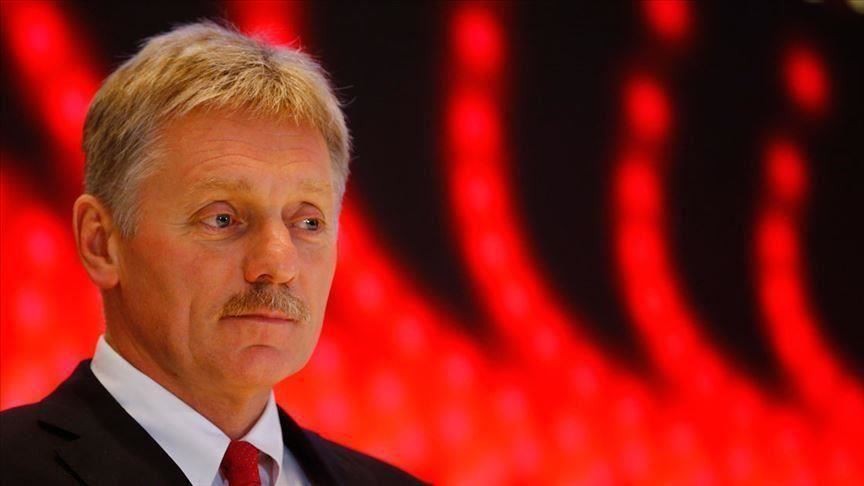Russia is deeply concerned over the border clashes between Azerbaijan and Armenia, Kremlin spokesman Dmitry Peskov said on Tuesday.
He called on the sides to exercise restraint, adding that Russia is ready to serve as a mediator in finding a peace solution.
“We are deeply concerned about the shootings on the Armenian-Azerbaijani border. We call on both sides to exercise restraint and respect their obligations under the cease-fire. Russia, as we have already stated at various levels, is ready to provide its mediation efforts for a settlement, as a co-chair of the Minsk group,” Peskov said.
The Organization for Security and Cooperation in Europe (OSCE) Minsk Group — co-chaired by France, Russia and the US — was formed to find a peaceful solution to the conflict, but has yet to get any results.
Seven Azerbaijani soldiers were martyred, including a general and a major in a border clash with Armenian troops on Sunday.
Upper Karabakh, or Nagorno-Karabakh, an internationally recognized territory of Azerbaijan, has been illegally occupied since 1991 through Armenian military aggression.
However, “Turkey rejects the words of condemnation used by the EU for turning Hagia Sophia back into a mosque,” said Foreign Minister Cavusoglu during a meeting with his Maltese counterpart in the capital Ankara.
“As I stated earlier, if [Josep] Borell, EU foreign policy chief, said ‘it would be better if it didn’t open,’ I respect that. If he said “it would be better if it stayed a museum,’ I also respect that,’ but we reject the word ‘condemn’,” said Cavusoglu.
Pointing to the 800-year Moorish heritage in EU member Spain, he added: “In Spain, there are some mosques which were turned into churches. So now shall we say to Spain, ‘convert those back into mosques, we condemn you’?”
“This is also an issue concerning Turkey’s sovereign rights,” he explained.
On Friday, a Turkish court annulled a 1934 Cabinet decree that had turned Hagia Sophia into a museum, paving the way for its use again as a mosque after an 85-year hiatus. Before 1934 it had been a mosque for nearly 500 years.
Meeting Monday, EU foreign ministers condemned the move.













